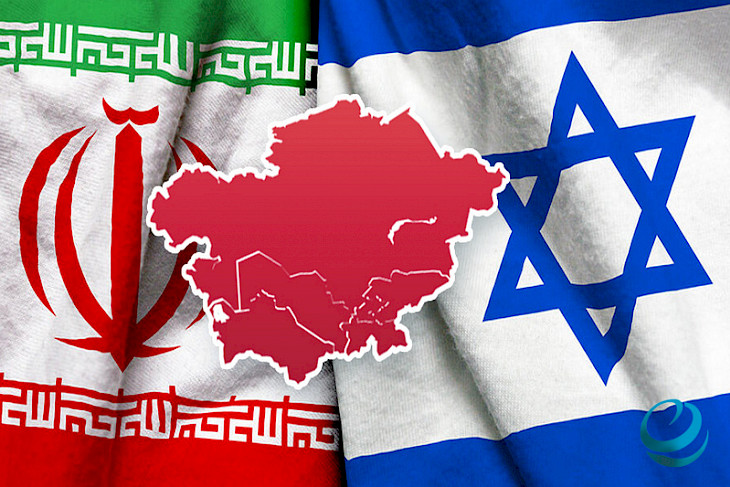On the night of October 1, the Israeli army announced the start of a ground operation against Hezbollah in southern Lebanon. Less than a day later, according to Israeli media, Iran fired about 400 rockets toward Israel. However, the Iranian Ministry of Defense reported the number as 200, including hypersonic missiles.
Eurasiatoday.ru reported on the reaction of Central Asian countries to the escalation in the Middle East.
The approach of Central Asian countries has been cautious, focusing on the protection of their citizens:
- Kazakhstan's Ministry of Foreign Affairs called on all involved parties to exercise restraint and refrain from using force. Within the country, police patrol routes were moved closer to synagogues and Israeli diplomatic facilities. An operational headquarters was created at the Kazakh embassy to assist citizens, and Kazakhstan's Ministry of Transport recommended that airlines avoid flying over Iran.
- Kyrgyzstan's Ministry of Foreign Affairs is closely monitoring events in the region (Middle East) with deep concern and called on the conflicting parties to adhere to the fundamental principles and norms of international law, including refraining from actions that would escalate the situation.
Kyrgyzstan advocates for the consolidation of global efforts for the immediate and complete cessation of hostilities, the start of political dialogue, and peaceful conflict resolution. The Ministry of Foreign Affairs of Kyrgyzstan advised its citizens to avoid visiting Israel, Iran, and Lebanon.
As of September 30, 100 Kyrgyz citizens were in Israel, and at least 10 were in Lebanon. The Kyrgyz embassies in Turkey and Kuwait are in contact with them. Kyrgyzstan had already advised its citizens to refrain from traveling to Israel and Lebanon in early August.
- Uzbekistan’s embassy recommended that its citizens take shelter in bomb shelters during attacks, follow official Israeli government reports, and always carry identification documents.
In April this year, when Iran and Israel exchanged strikes, Kazakhstan and Kyrgyzstan called for the stabilization of the situation and peaceful resolution, while Uzbekistan emphasized the dangers of increased confrontation.
Tajikistan and Turkmenistan have not yet stated their positions.
CentralasianLIGHT.org
October 3, 2024

